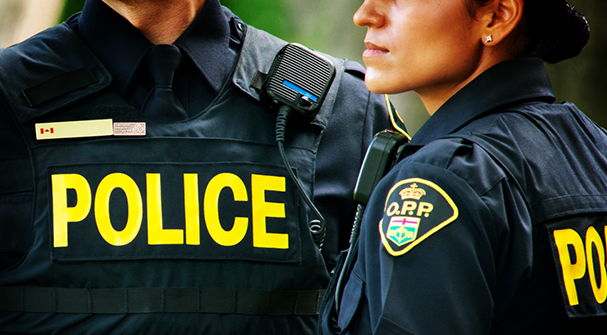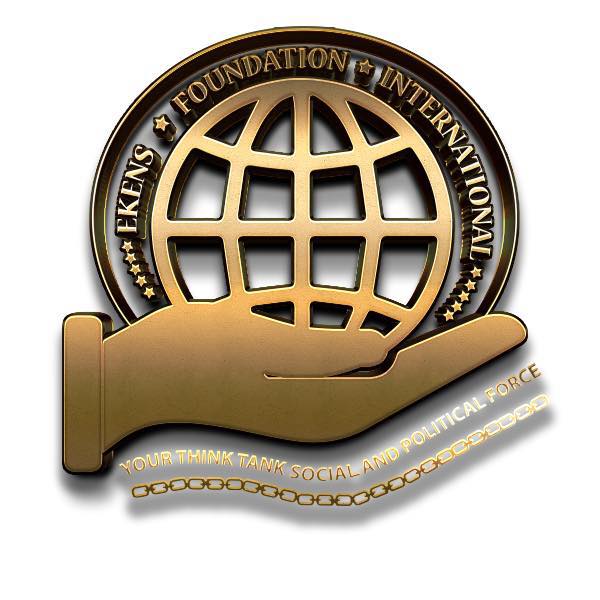info@ekensfoundation.org

Police in Canada Are Tracking People’s ‘Negative’ Behavior In a ‘Risk’ Database
Motherboard 21/02/2019 – Police, social services, and health workers in Canada are using shared databases to track the behaviour of vulnerable people—including minors and people experiencing homelessness—with little oversight and often without consent. Documents obtained by Motherboard from Ontario’s Ministry of Community Safety and Correctional Services (MCSCS) through an access to information request show that at least two provinces—Ontario and Saskatchewan—maintain a “Risk-driven Tracking Database” that is used to amass highly sensitive information about people’s lives. Information in the database includes
Thank you for reading this post, don't forget to subscribe!whether a person uses drugs, has been the victim of an assault, or lives in a “negative neighborhood.” The Risk-driven Tracking Database (RTD) is part of a collaborative approach to policing called the Hub model that partners cops, school staff, social workers, health care workers, and the provincial government. Information about people believed to be “at risk” of becoming criminals or victims of harm is shared between civilian agencies and police and is added to the database when a person is being evaluated for a rapid intervention intended to lower their risk levels. Interventions can range from a door knock and a chat to forced hospitalization or
arrest. Saskatchewan and Ontario officials say data in the RTD (sometimes called the “Hub database” in Saskatchewan) is “de-identified” by removing details such as people’s names and birthdates, though experts Motherboard spoke to said that scrubbing data so it may never be used to identify an individual is difficult if not impossible. A Motherboard investigation—which involved combing through MCSCS, police, and city documents—found that in 2017, children aged 12 to 17 were the most prevalent age group added to the database in several Ontario regions, and that some
interventions were performed without consent. In some cases, children as young as six years old have been subject to intervention. […] More than 100 Hubs are now operating in cities and towns across Canada and the US, with 37 in Ontario (where Hubs are usually called Situation Tables) contributing to the Risk-driven Tracking Database as of April 2018, according to MCSCS documents. In total, 55 are expected to be contributing by the end of this year.
